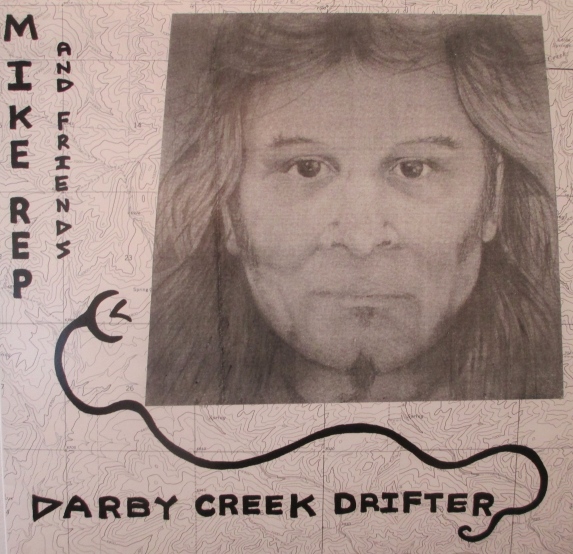Harlan Howard
Sings Harlan Howard
1961
Capitol 1631
Produced by Ken Nelson
*** (noteworthy)
While sources are inconsistent–likely because facts are hard to determine when an artist comes from poor rootless beginnings–apparently Harlan was born in Detroit in 1927 and grew up in Michigan and Kentucky. He didn’t find success in his life’s calling until he was in his 30s, just before settling in Nashville and recording this debut album.
While he released a few of his own albums, he will be remembered mostly as a songwriter, for writing thousands of songs, many of which would become hits for various artists, first for hillbilly stars but also for soul and jazz artists. For example “Busted” would be a hit for both Johnny Cash and Ray Charles in 1963, and while “Chokin’ Kind” was first recorded by Waylon Jennings, it would become Joe Simon’s first number-one hits on the R&B charts.
This album came at a time when he was beginning to make a name for himself, and this set showed that he likely wasn’t going to run out of songs, as this features all new songs–from heartbroken ballads to the rather-dark humor of “We’re Proud to Call Him Son.” While Howard will be remembered for his songwriting (and for defining country music as “three chords and the truth”), this albums shows he had a good voice, perhaps coming out of Hank Williams and Ernest Tubb (although I’m sure he’d note others as well) and perhaps he should have been given more opportunities to record his own material. This isn’t essential but it suggests that fans of this artist (or hillbilly music in general) might be advised to check out Howard’s own recordings (along with the material he provided for others).
— winch
“We’re Proud to Call Him Son” download:





















